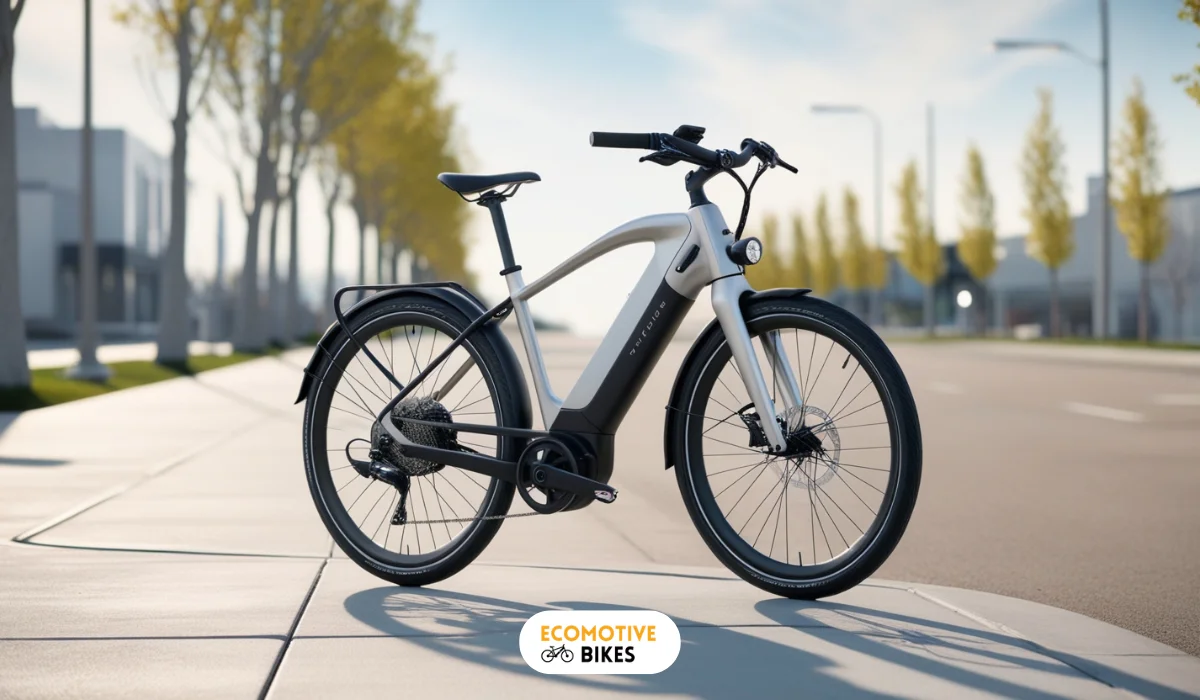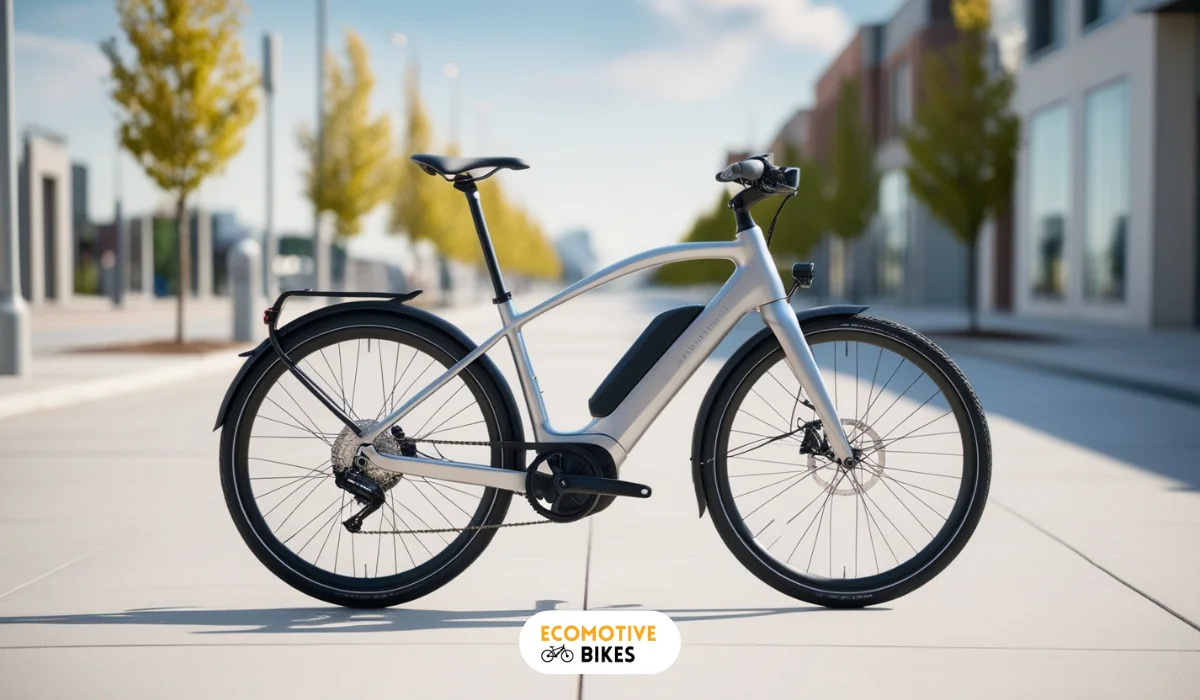Are E-Bikes Considered Motorized Vehicles? A Guide to UK Law on Electric Bikes
Learn what UK law says about e-bikes and whether they are classified as motorized vehicles. Understand the legal requirements, speed limits, and regulations.
Table of Contents
Related Articles:
Are e-bikes considered motorized vehicles? You are not the only one with the question. There’s a lot of confusion surrounding the classification of e-bikes under UK law. As riders, it’s important to understand how UK law classifies these bikes and what legal requirements must be met for safe and lawful riding.
In this post, I will break down the regulations for e-bikes, specifically how they are defined and what criteria must be met to avoid being classified as a motorized vehicle, ensuring you fully understand your rights and obligations on the road.

E-Cycle Definition and Regulations
The specifics of what constitutes an e-cycle under UK law are clear but can be complex. To qualify as a regular cycle, your e-cycle must have operable pedals, and its motor must not exceed 250 Watts.
Additionally, the motor assistance should cut off when you reach a speed of 25 kph (15.5 mph). If your e-cycle does not meet these standards, it may be classified as a moped or motorcycle, necessitating registration, insurance, and a license.
Legal Status of E-Bikes
Your understanding of the legal implications surrounding e-bikes is vital, as classification varies significantly based on local laws.
In Great Britain, if your e-bike meets specific criteria—such as a maximum power output of 250 watts and the requirement of pedaling for the motor to engage—it is treated as a regular bicycle.
In the U.S., for instance, California also recognizes e-bikes as bicycles when they comply with certain standards. However, if your e-bike exceeds these limits, it may be classified as a motorized vehicle, necessitating registration and insurance.
Requirements for Riding E-Bikes
A key aspect of riding e-bikes legally on public roads in the UK is understanding the specific requirements you must meet.
Firstly, you need to be at least 14 years old to ride an e-bike, whereas a minimum age of 16 applies for mopeds. Your e-bike must feature operable pedals and not exceed the 250 Watts power limit, along with providing assistance only when you’re pedaling.
If your e-bike doesn’t meet these standards, it will be treated as a motorized vehicle, requiring you to have a driving license, insurance, and to wear a helmet.
Consequences of Non-Compliance
If you ride an e-bike that doesn’t meet legal standards, you’ll face restrictions under local laws. For instance, in Great Britain, e-bikes exceeding 250 Watts or providing assistance over 25 kph are considered mopeds, requiring registration, insurance, and a driving licence.
Without compliance, I risk being fined and legally barred from using my e-bike on public highways. Furthermore, I could be held liable for injuries incurred while riding an unregistered e-bike, complicating insurance claims and possibly leaving me financially responsible for damages or accidents.
Related: How to ride ebikes safely?
Northern Ireland’s E-Bike Regulations
Even though Northern Ireland has its own legislative framework, the regulations governing e-bikes are largely consistent with those in the rest of the UK. The Electrically Assisted Pedal Cycles (Construction and Use) Regulations (Northern Ireland) 2020 mirror the rules regarding motor power, speed limits, and the requirement for pedal assistance when exceeding 25kph.
If your e-bike complies with these standards, you can ride it on public roads without the need for licensing or registration. However, non-compliant e-bikes face restrictions similar to the rest of the UK, where you can’t use them on public highways without proper registration and insurance. However, you do not need a license to ride an electric bike.
E-Bikes vs. Electric Vehicles
You may be surprised to learn that e-bikes and electric vehicles (EVs) are quite different, despite both using electric power. I see e-bikes as enhanced bicycles, equipped with pedals and a motor for assistance, ideal for short-distance travel and less complex regulations.
In contrast, EVs encompass a broader category of fully motorized vehicles, like cars and buses, which require registration, insurance, and a driving license. While e-bikes are legally treated as bicycles in the UK, EVs face stricter regulatory frameworks and are designed for more extensive transportation needs.
Final Words: Are E-bikes Considered Motorized Vehicles?
Now that we’ve explored the classification of e-bikes under UK law, it’s clear that whether an e-bike is considered a motorized vehicle largely depends on its specifications and compliance with legal requirements.
If your e-bike meets the necessary criteria—such as having a power output below 250 Watts and usable pedals—you can ride it as a standard bicycle without needing a license or registration.
However, if it exceeds these limits, you must adhere to regulations applicable to mopeds or motorcycles, including licensing and insurance. Always ensure your e-bike complies with local laws to avoid any complications.





